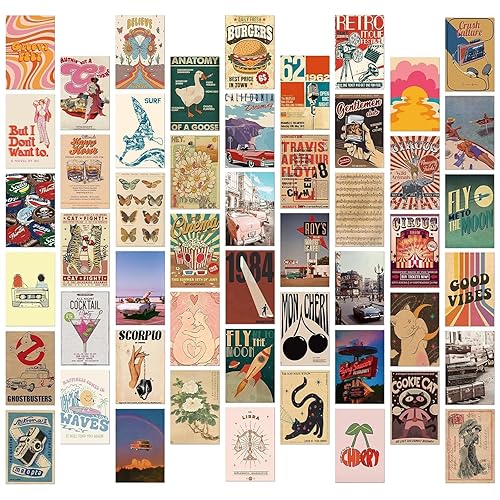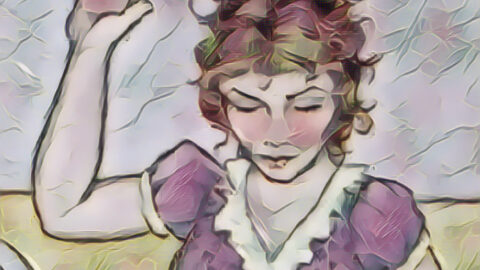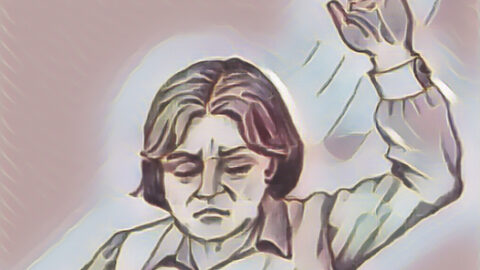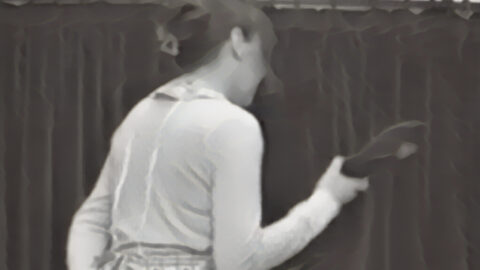(gap: 2s) In the serene ambiance of a quaint English town, where the sun would cast golden ribbons across the fields and laughter echoed down cobbled lanes, my childhood unfolded with all the innocence and mischief of a storybook. Many accounts have been written about the ways of discipline in those days—tales of stern faces and swift justice, of lessons learned in the most memorable ways. These stories, though sometimes harsh, were woven into the very fabric of our lives, shaping us as surely as the seasons turned.
(short pause) I was an only child, my world orbiting around my mother after my father passed away when I was very young. Our little house, with its creaking floorboards and the scent of lavender polish, felt both safe and lonely. My mother, left to raise me alone, was determined that I should grow up to be good and honest. I remember the day she sat me down, her eyes tired but kind, and told me that I had been a very naughty boy, making her life quite miserable. She warned me, in a voice as firm as the ticking of the old clock, that if I was ever naughty again, she would have no choice but to ‘smack my bottom’. The words hung in the air, heavy with promise and a strange sense of dread.
(pause) It wasn’t long before I tested her resolve. One rainy afternoon, after a particularly cheeky escapade involving muddy boots and a neighbour’s flowerbed, she found her opportunity. I can still recall the way the room seemed to shrink as she called me over, her lap a place of both comfort and consequence. Over her knee I went, my heart thumping like a drum, and soon the sharp sting of her hand brought hot tears to my eyes. The world blurred, and I sobbed, feeling both sorry and strangely relieved. Afterwards, she sent me to bed early, the lesson echoing in my mind: never be naughty again, or the same would follow. I lay awake, the moonlight painting patterns on the wall, vowing to be better—though, as children do, I sometimes forgot.
(pause) These bottom smackings, always in the traditional over-the-knee fashion, became a familiar part of my early years. As I grew, my mother decided that sterner measures were needed. She acquired a cane, the very sort used in schools, with a rounded handle that gleamed ominously above the fireplace. It was never taken down without my bottom feeling its bite! The cane became a symbol of justice in our home, a silent reminder to behave. Each time I saw it, I felt a shiver of fear and a flicker of resolve to stay out of trouble.
(pause) For these canings, I was made to bend over, fingers brushing my toes, the world narrowing to the anticipation of what was to come. Depending on the gravity of my mischief, I would receive six or twelve sharp strokes across my buttocks. The pain was real, but so too was the lesson. Each time, as the sting faded, I would reflect on what I had done, promising myself to do better. There was a strange comfort in the routine, a sense that order had been restored, and that I was loved enough to be corrected.
(pause) When I left school and began to work, my mother declared that the cane was for ‘naughty schoolboys’ only. Now that I was earning my keep, she said, a proper beating was required to keep me in line. I remember the day she took me to the leather goods store in town, the air thick with the scent of polished saddles and new boots. She bought a short riding crop, explaining its purpose to the saleswoman, who blushed as red as I did. I felt a curious mix of embarrassment and curiosity, wondering what new lessons awaited me.
(pause) My first encounter with the riding crop came about two months later, after I accidentally broke a window with a football. That evening, after I had changed into my pyjamas and the house was quiet, my mother fetched the crop from its place above the fireplace. She told me, in a voice that brooked no argument, that I would receive a dozen strokes for my carelessness. Bent over the back of the settee, I braced myself. The crop sang through the air, each stroke sharp and unforgettable. I cried, the pain mingling with shame and regret, but afterwards, as I lay in bed, I understood the importance of responsibility. The lesson lingered long after the pain had faded.
(pause) My last whipping came when I was twenty, for keeping my girlfriend out late. Her father, a stern man with a bristling moustache, complained to my mother. She invited him over, and after a brief, uncomfortable conversation, I was summoned. With my girlfriend’s father watching, I received twenty-four strokes with the riding crop. The humiliation stung almost as much as the crop itself, but in the end, I learned the value of respect—for others, and for myself.
(pause) If ever there were visitors in our home when I was to be punished—relatives or friends, men or women—it made no difference. My mother believed that a lesson learned in front of others was a lesson never forgotten. The worst, I think, was when my cousin Jacqueline, just five months younger than I, was present. On more than one occasion, I was caned or beaten with her watching, my cheeks burning with shame. Even when we visited other houses, my mother would not hesitate to chastise me if she thought it necessary. The embarrassment was keen, but so too was the sense of justice—everyone knew the rules, and everyone saw them enforced.
(pause) Several of my aunts, too, kept canes tucked away in their sideboards, ready for use at my mother’s request. Their homes, with their ticking clocks and polished furniture, became places of both comfort and caution. Through it all, I learned that discipline, though sometimes painful, was always given with love and the hope that I would grow into a better person. Looking back, I see those days not with bitterness, but with gratitude—for the lessons, the order, and the care that shaped my childhood in that gentle, old-fashioned town.



























































